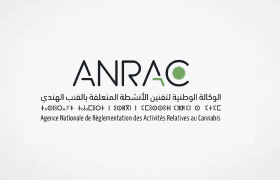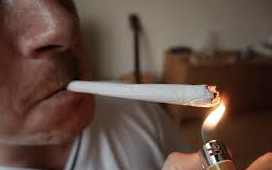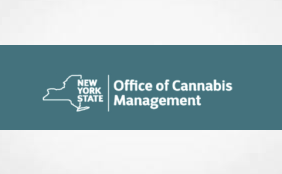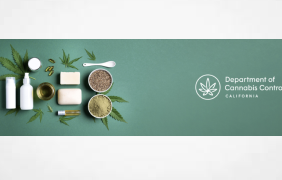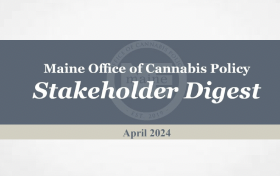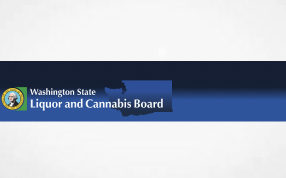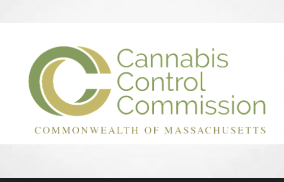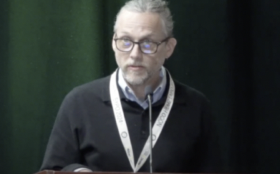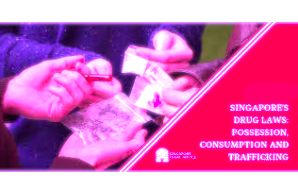The Straits Times reports..
The Misuse of Drugs Act will be amended to regulate new psychoactive substances based on their potential to produce a psychoactive effect.
Laws regulating new psychoactive substances (NPS) will be changed in the first half of this year to allow the authorities to clamp down more swiftly on such drugs and traffickers.
The Misuse of Drugs Act will be amended to regulate new psychoactive substances based on their potential to produce a psychoactive effect.
Laws regulating new psychoactive substances (NPS) will be changed in the first half of this year to allow the authorities to clamp down more swiftly on such drugs and traffickers.
The Misuse of Drugs Act (MDA) will be amended to regulate NPS based on their potential to produce a psychoactive effect, said Minister of State for Home Affairs Muhammad Faishal Ibrahim yesterday.
NPS are currently listed individually or by their core molecular structure and substitution patterns under the Act.
“There may be a time lag from detecting to listing a novel NPS,” he noted during the debate on his ministry’s budget.
Amending the MDA will allow the Central Narcotics Bureau (CNB) to take swifter enforcement action, he added.
His announcement comes after CNB statistics showed that NPS were among the three most commonly abused drugs last year, behind methamphetamine and heroin.
Nine per cent of abusers last year used NPS, and they were the second-most commonly abused drug among new users.
The total street value of drugs seized by the CNB last year was estimated at around $11.6 million, up from $6.49 million in 2019.
Responding to MPs on efforts to help abusers rehabilitate and reintegrate, Associate Professor Faishal cited the Enhanced Drug Rehabilitation Regime, which was updated in 2019 to send third-time and subsequent drug abusers who are not charged with any other criminal offences to the Drug Rehabilitation Centre, in lieu of being charged and liable for a long jail term.
A recent Singapore Prison Service study found that the two-year recidivism rate for drug abusers who went through the regime was 8 percentage points lower than those who did not.
“We will assess the effectiveness of the 2019 enhancements when we have sufficient data,” said Prof Faishal.
He noted that former offenders have come together to support one another and do good in the community, and said the Community Action for the Rehabilitation of Ex-offenders Network will establish a framework to support these groups and provide social networks for offenders after their release.
As for plans to make former offenders more employable, Prof Faishal said Yellow Ribbon Singapore – previously known as the Singapore Corporation of Rehabilitative Enterprises – has developed a career masterplan for key growth sectors.
It has also come up with an accompanying skills masterplan with industry-focused pathways for inmates to continue to acquire skills after their release, he added.
Under a new Train and Place and Grow initiative, partner industries and education and training centres will offer inmates jobs and continual training through a work-study arrangement after their release.
The initiative will be expanded from organisations in media and precision engineering to those in the logistics and infocomm sectors, with training facilities for these sectors to be set up this year, Prof Faishal said.
